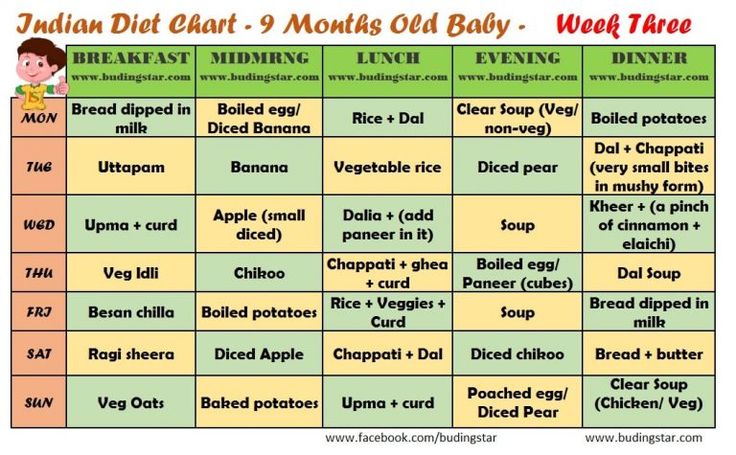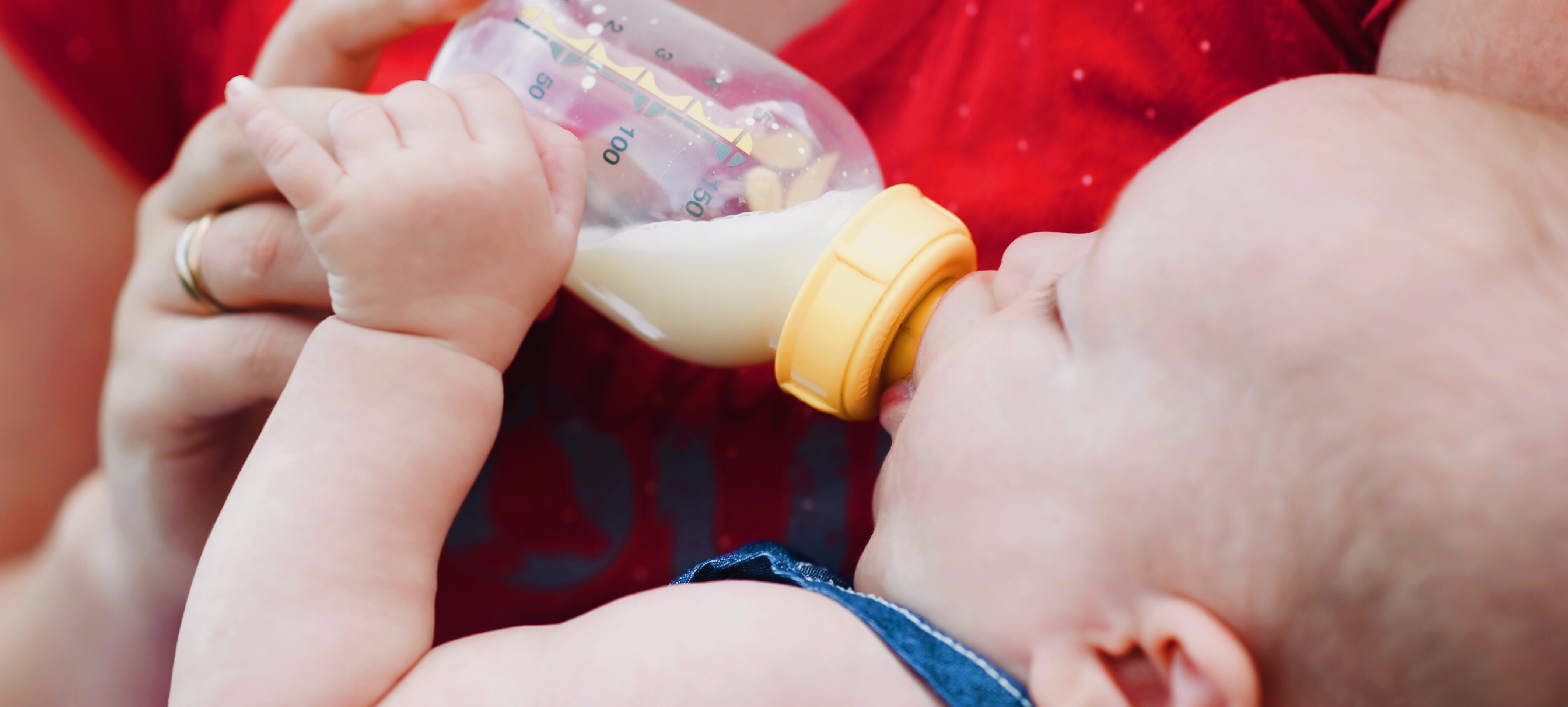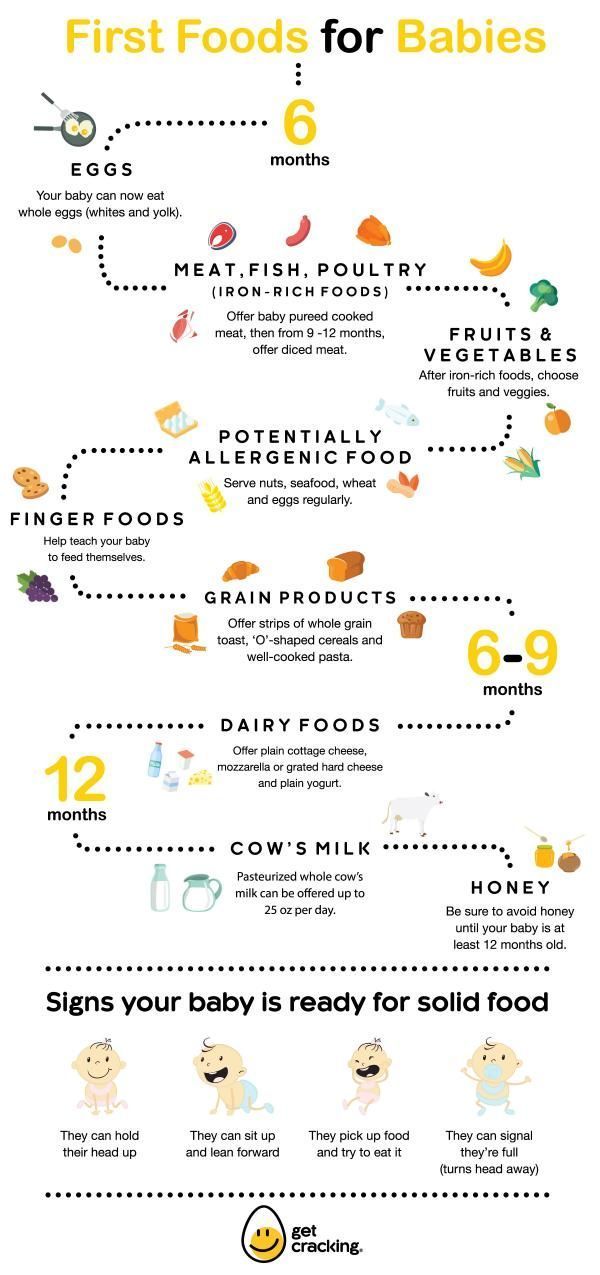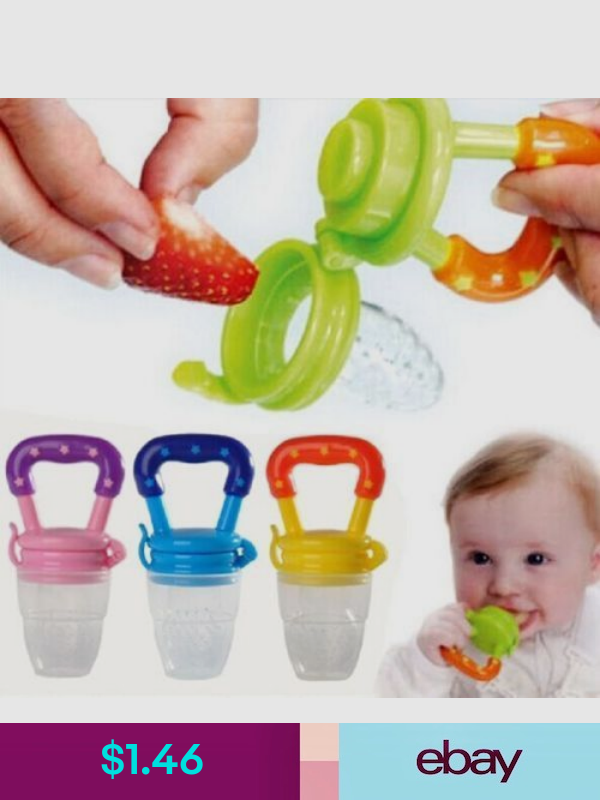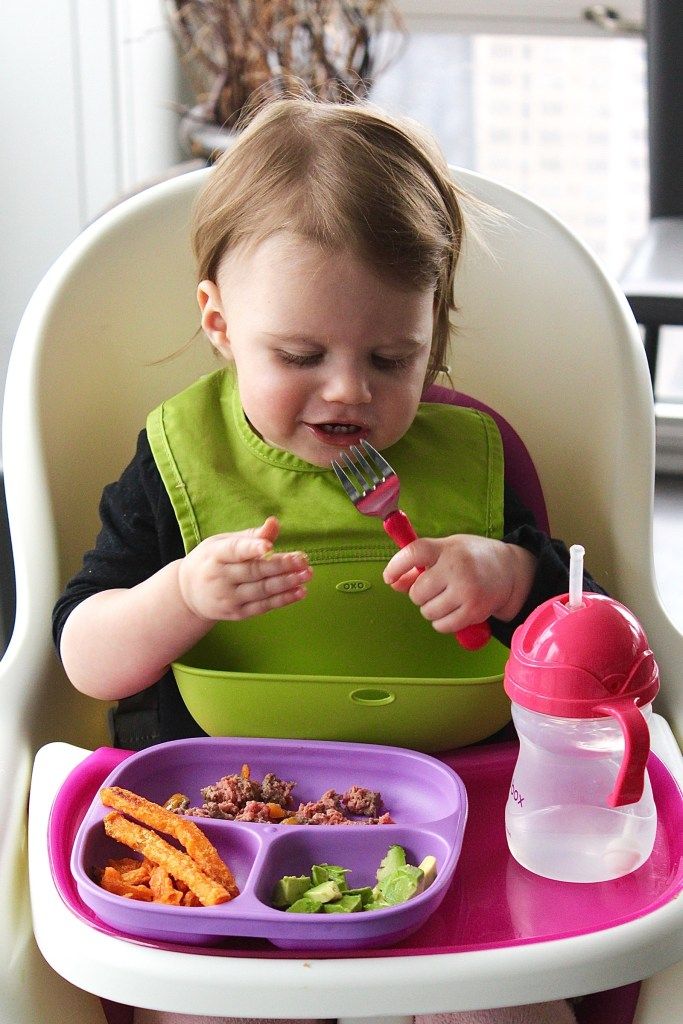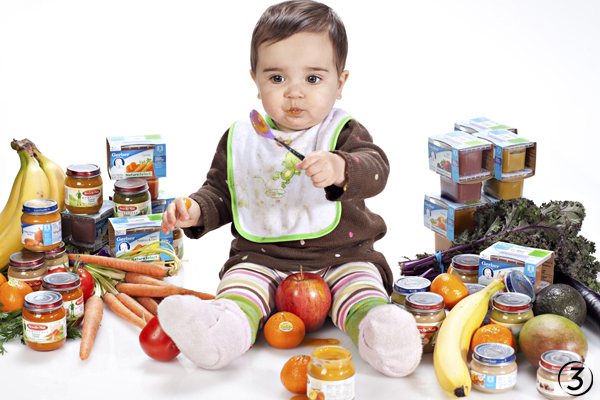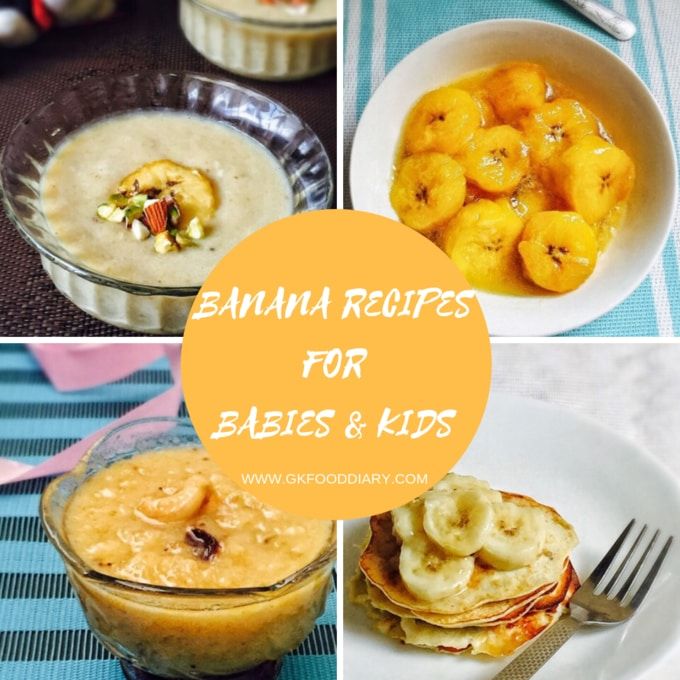Foods to avoid 10 month old baby
Foods to avoid giving babies and young children
Salt
Babies should not eat much salt, as it's not good for their kidneys.
Do not add salt to your baby's food or cooking water, and do not use stock cubes or gravy, as they're often high in salt.
Remember this when you're cooking for the family if you plan to give the same food to your baby.
Avoid salty foods like:
- bacon
- sausages
- chips with added salt
- crackers
- crisps
- ready meals
- takeaways
Sugar
Your baby does not need sugar.
By avoiding sugary snacks and drinks (including fruit juice and other fruit drinks), you'll help prevent tooth decay.
Saturated fat
Do not give your child too many foods that are high in saturated fat, such as crisps, biscuits and cakes.
Checking the nutrition labels can help you choose foods that are lower in saturated fat.
See more on food labels.
Honey
Occasionally, honey contains bacteria that can produce toxins in a baby's intestines, leading to infant botulism, which is a very serious illness.
Do not give your child honey until they're over 1 year old. Honey is a sugar, so avoiding it will also help prevent tooth decay.
Whole nuts and peanuts
Whole nuts and peanuts should not be given to children under 5 years old, as they can choke on them.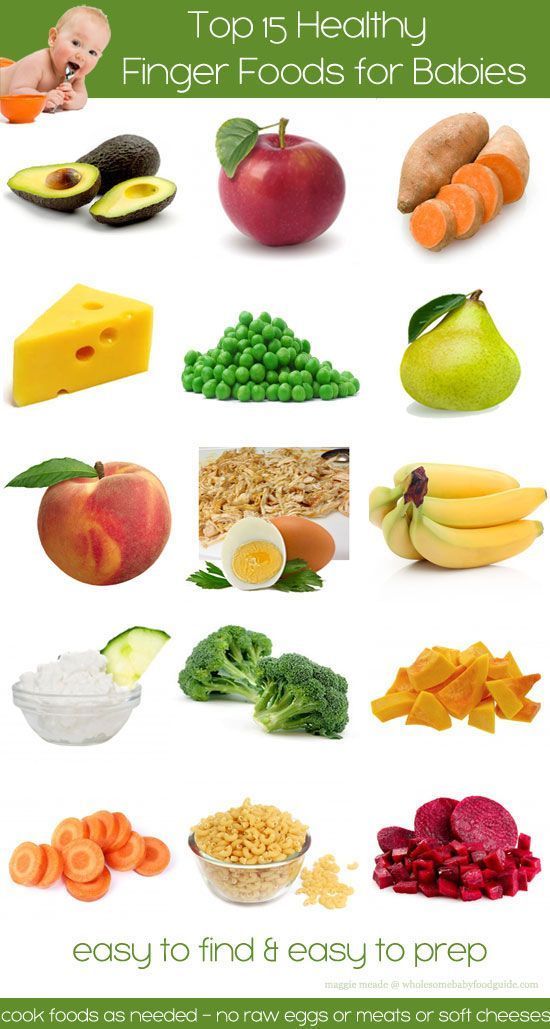
You can give your baby nuts and peanuts from around 6 months old, as long as they're crushed, ground or a smooth nut or peanut butter.
If there's a history of food allergies or other allergies in your family, talk to your GP or health visitor before introducing nuts and peanuts.
See more on food allergies in babies and young children.
Some cheeses
Cheese can form part of a healthy, balanced diet for babies and young children, and provides calcium, protein and vitamins.
Babies can eat pasteurised full-fat cheese from 6 months old. This includes hard cheeses, such as mild cheddar cheese, cottage cheese and cream cheese.
Babies and young children should not eat mould-ripened soft cheeses, such as brie or camembert, or ripened goats' milk cheese and soft blue-veined cheese, such as roquefort.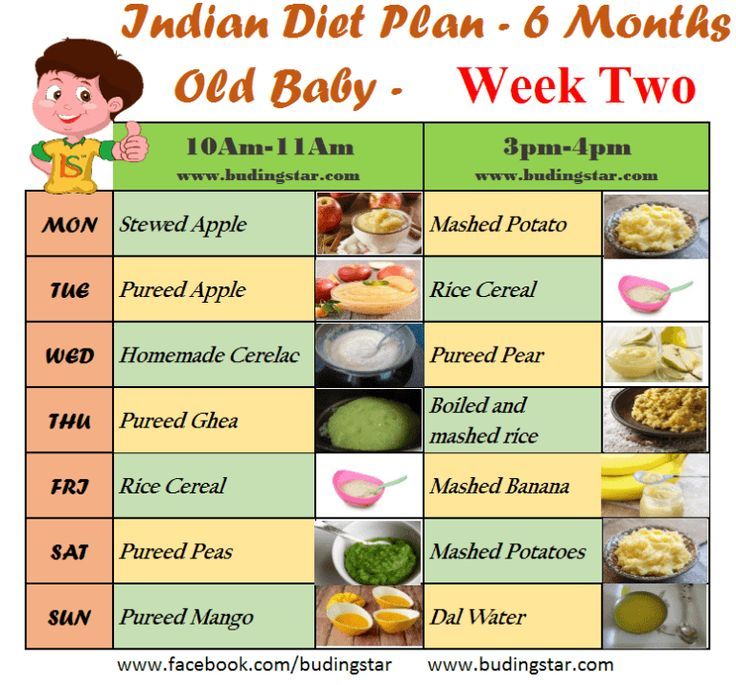 There's a higher risk that these cheeses might carry a bacteria called listeria.
There's a higher risk that these cheeses might carry a bacteria called listeria.
Many cheeses are made from unpasteurised milk. It's better to avoid these because of the risk of listeria.
You can check labels on cheeses to make sure they're made from pasteurised milk.
But these cheeses can be used as part of a cooked recipe as listeria is killed by cooking. Baked brie, for example, is a safer option.
Raw and lightly cooked eggs
Babies can have eggs from around 6 months.
If the eggs are hens' eggs and they have a red lion stamped on them, or you see a red lion with the words "British Lion Quality" on the box, it's fine for your baby to have them raw (for example, in homemade mayonnaise) or lightly cooked.
Hens' eggs that do not have the red lion mark should be cooked until both the white and yolk are solid.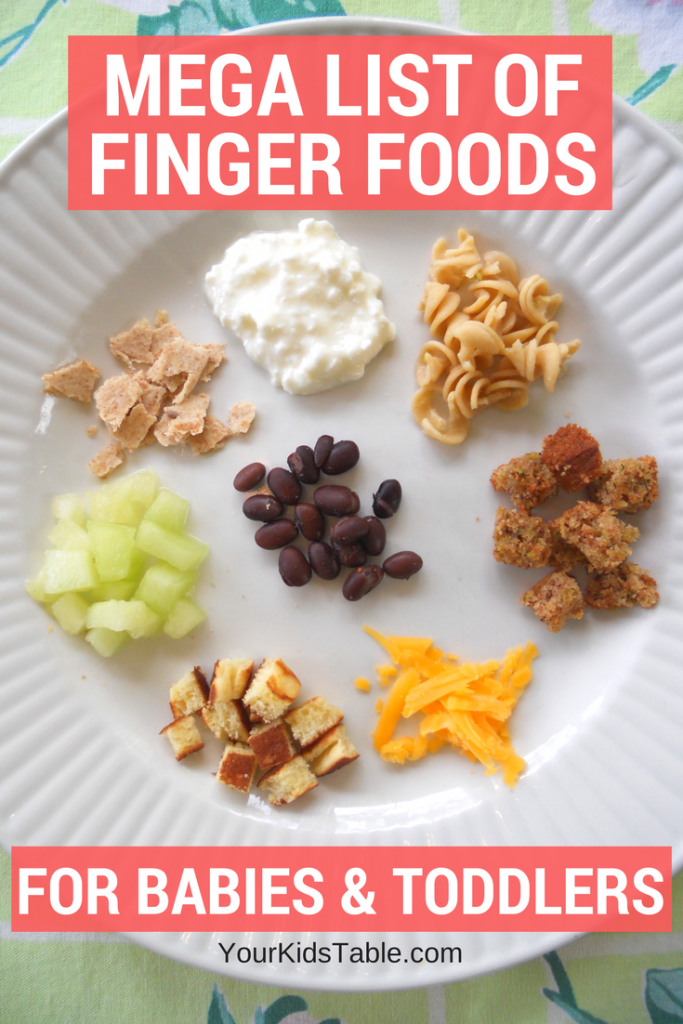 So should duck, goose or quail eggs.
So should duck, goose or quail eggs.
Avoid raw eggs, including uncooked cake mixture, homemade ice creams, homemade mayonnaise, or desserts that contain uncooked egg that you cannot confirm are red lion stamped.
Rice drinks
Children under 5 years old should not have rice drinks as a substitute for breast milk or infant formula (or cows' milk after 1 year old) as they may contain too much arsenic.
Arsenic is found naturally in the environment and can find its way into our food and water.
Rice tends to take up more arsenic than other grains, but this does not mean that you or your baby cannot eat rice.
In the UK, there are maximum levels of inorganic arsenic allowed in rice and rice products, and even stricter levels are set for foods intended for young children.
Do not worry if your child has already had rice drinks.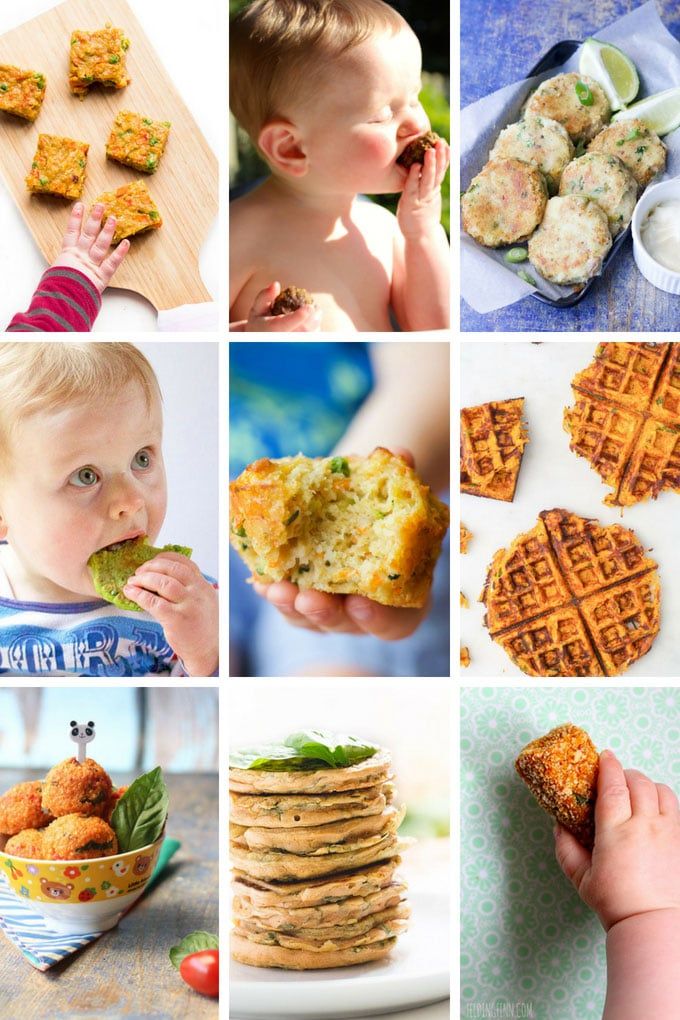 There's no immediate risk to them, but it's best to switch to a different kind of milk.
There's no immediate risk to them, but it's best to switch to a different kind of milk.
Raw jelly cubes
Raw jelly cubes can be a choking hazard for babies and young children.
If you're making jelly from raw jelly cubes, make sure you always follow the manufacturers' instructions.
Raw shellfish
Raw or lightly cooked shellfish, such as mussels, clams and oysters, can increase the risk of food poisoning, so it's best not to give it to babies.
Shark, swordfish and marlin
Do not give your baby shark, swordfish or marlin. The amount of mercury in these fish can affect the development of a baby's nervous system.
Further information
For more information and advice about babies and food, see:
- food allergies in babies and young children
- your baby's first solid foods
- baby and toddler meal ideas
Foods to avoid at 10 to 12 months
As your baby approaches her first birthday, there are very few foods that you can’t safely give her. A healthy diet is a varied diet, so try to include as many different tastes and textures as you can. If your baby hasn’t yet had an allergic reaction to a food, it’s unlikely that she will now, so if you’ve been avoiding certain foods because of the risk of allergies, try to introduce them at this point. There are, however, a few foods that still shouldn’t be given:
A healthy diet is a varied diet, so try to include as many different tastes and textures as you can. If your baby hasn’t yet had an allergic reaction to a food, it’s unlikely that she will now, so if you’ve been avoiding certain foods because of the risk of allergies, try to introduce them at this point. There are, however, a few foods that still shouldn’t be given:
Cow’s milk
Although you can use full-fat cow’s milk in cooking and on your baby’s cereal, don’t offer it as a drink until 12 months: unlike formula and breastmilk, it’s too low in calories and vitamins to meet your growing baby’s needs.
Certain cheeses
Although hard cheeses (like cheddar and edam), cream cheese and cottage cheese are safe for your baby and a great source of calcium, don’t give soft, unpasteurised or blue cheeses in the first year due to risk of listeria – a form of food poisoning.
Eggs
Well-cooked eggs like hard-boiled eggs and firm omelettes are fine at this stage, but raw or undercooked eggs – for example poached, soft-boiled and lightly scrambled eggs – shouldn’t be given until your baby is 12 months old to avoid the risk of food poisoning.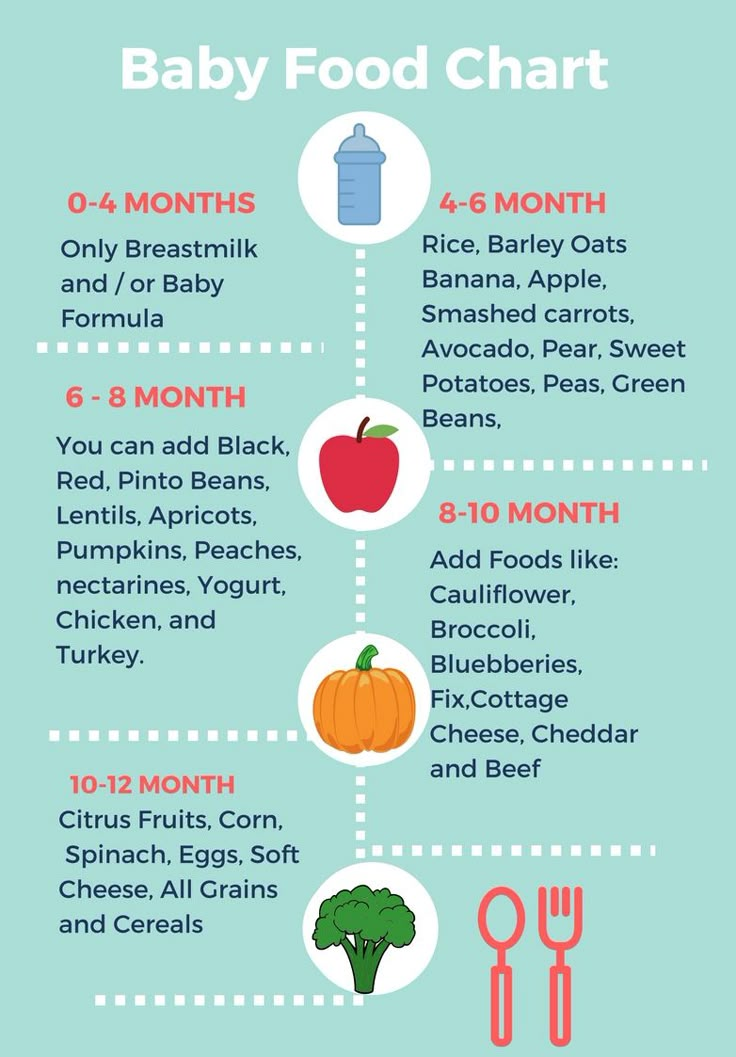
Nuts
Nuts can pose a choking hazard for young children, so don’t give your child whole or chopped nuts until the age of five. Seeds, nut butters or ground nuts are generally considered safe for babies, but if you have a history of food allergy, hay fever, eczema or asthma in your family, you may want to avoid them until your child is three.
Paté
Pates, including vegetable pates, should be avoided for babies under 12 months old, as they may contain listeria bacteria which can lead to food poisoning.
Honey
Honey is considered dangerous for babies under a year old, as it may contain bacteria that can cause a rare but potentially dangerous strain of food poisoning known as infant botulism.
Sugar
Children’s teeth are soft and prone to decay, so avoid adding sugar to food; this will also help to prevent your baby from developing an overly sweet tooth. Steer away from high sugar bought foods, too: biscuits, cakes, sauces like tomato ketchup, fruit juices and squash and sweetened cereals are ones to watch.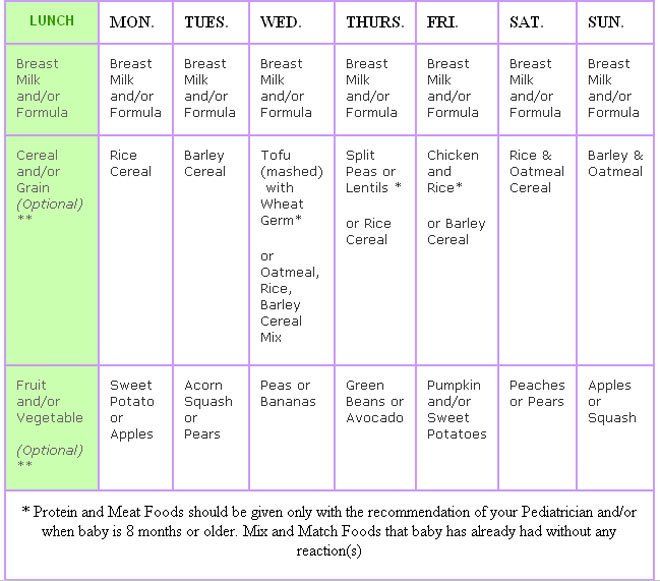
Salt
Babies’ kidneys are too immature to process salt and it can also contribute to dehydration, so never add salt to food for your child. Before 12 months, you also need to avoid salty processed foods like adult ready meals, readymade pasta sauces, processed meat like sausages and ham and tinned vegetables that are canned in salted water.
More like this
Low fat or low calorie foods
Babies need a diet that’s high in energy, and they can’t get the calories they need from low fat and low calorie foods. Many diet products also contain artificial sweeteners and flavourings, some of which have been linked to health and behavioural issues in children.
High fibre foods
Foods that naturally contain fibre, such as fruit and veg, are good for your baby, but avoid giving very high fibre foods like bran, brown pasta and rice and wholemeal bread. These bulky foods fill little tummies up too quickly, spoiling your baby’s appetite for other foods, and can also prevent important nutrients being absorbed.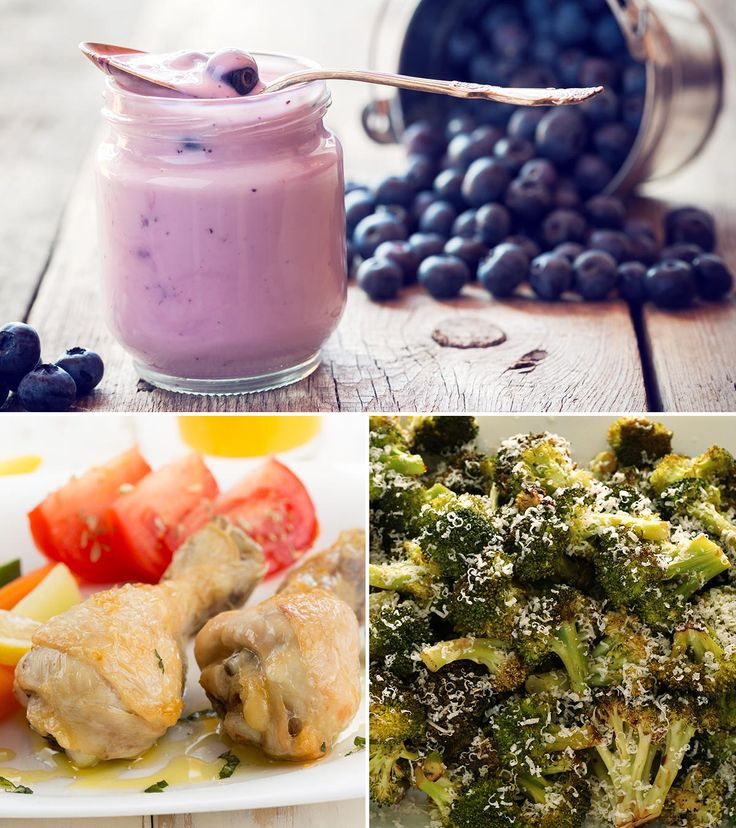
what can a baby eat, what to feed, what vegetables, cereals, fruits to give, regimen and diet for 10 months
Published: 06/20/2020
Reading time: 4 min.
Number of reads: 236670
The author of the article: Ponomareva Yulia Vladimirovna
Pediatrician, candidate of medical sciences, allergist-immunologist
The first year of a baby's life is unique. The processes of growth and development are so intense that each new month is not like the previous one. In this regard, the child's diet undergoes changes every month to meet the growing needs of the body for nutrients, vitamins, minerals and other biologically active substances. Let's discuss what changes are taking place in the baby's diet, and what can be included in the diet at 10 months. 9Ol000 Basic principles and changes in nutrition at 10 months
The basic food groups that must be included in the daily diet of children in the second half of life remain the same - vegetables, fruits, meat, cereals, dairy products.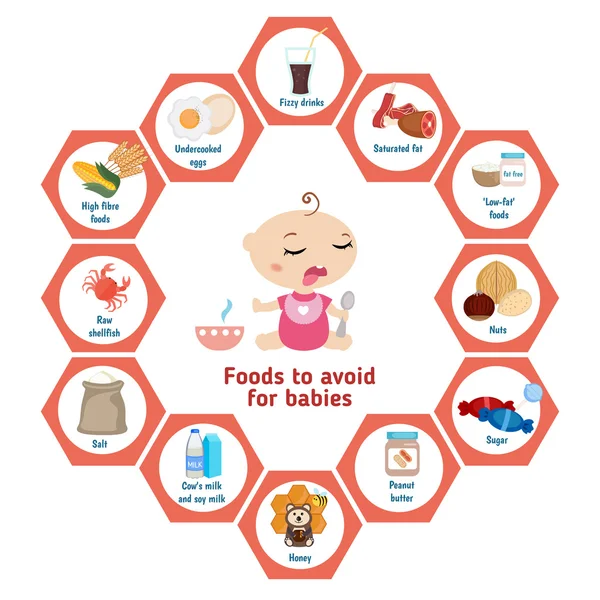 There are 3 main meals and 2-3 additional ones, while the portion size increases, and the daily amount of food is 1000-1100 ml. The child no longer looks like a baby - he has grown stronger, is trying to walk, he has an interest in all the phenomena of the world around him, including traditional adult food. Of course, the menu at 10 months is still very different from the food of the general table, but in terms of the possible variety of food, the list is already close to the diet of older children. The baby’s menu can already be diversified with homemade dishes in the form of soups, puddings and casseroles. Vegetables and fruits can be partially raw, grated on a fine grater. The drinking diet is still represented mainly by water, but the child can already drink compotes and fruit drinks of home and industrial production without the addition of sugar and artificial colors.
There are 3 main meals and 2-3 additional ones, while the portion size increases, and the daily amount of food is 1000-1100 ml. The child no longer looks like a baby - he has grown stronger, is trying to walk, he has an interest in all the phenomena of the world around him, including traditional adult food. Of course, the menu at 10 months is still very different from the food of the general table, but in terms of the possible variety of food, the list is already close to the diet of older children. The baby’s menu can already be diversified with homemade dishes in the form of soups, puddings and casseroles. Vegetables and fruits can be partially raw, grated on a fine grater. The drinking diet is still represented mainly by water, but the child can already drink compotes and fruit drinks of home and industrial production without the addition of sugar and artificial colors.
Feeding a 10-month-old baby
Daily routine and nutrition are very important in a baby's life. Children quickly get used to a certain routine and more readily eat the dishes that are traditionally offered at this meal.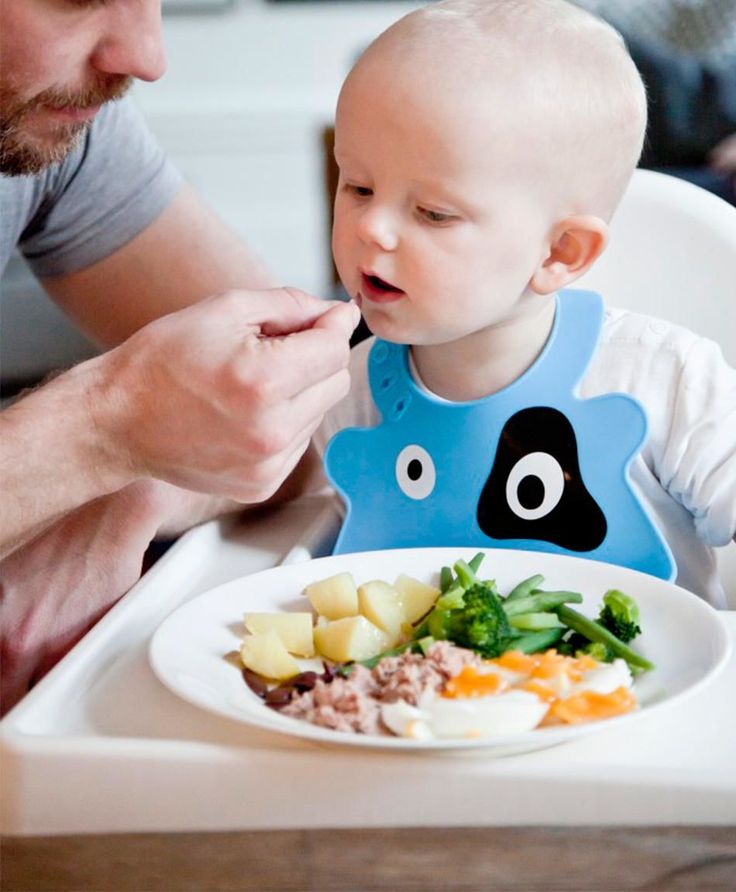 Of course, each child is unique, and yours has its own favorite foods and their combinations. Try to rationally distribute all the necessary complementary foods in 5 meals, taking into account the characteristics of family life. Adhere to the principle of a balanced menu, plan your diet for the week in advance, while trying to diversify your diet as much as possible, accustoming your child to the taste of new foods.
Of course, each child is unique, and yours has its own favorite foods and their combinations. Try to rationally distribute all the necessary complementary foods in 5 meals, taking into account the characteristics of family life. Adhere to the principle of a balanced menu, plan your diet for the week in advance, while trying to diversify your diet as much as possible, accustoming your child to the taste of new foods.
First meal
The first meal is early in the morning - the baby wakes up hungry after a 6-8 hour break in food. It is best to feed your baby with breast milk or an adapted formula. Child health and nutrition experts recommend continued breastfeeding (BC) until at least the end of the first year of life. The nutritional value of mother's milk at this age is already low, but as a source of the most important biological substances and psycho-emotional comfort, it is undoubtedly priceless. If the child is bottle-fed, you can prepare him a drink based on an adapted mixture.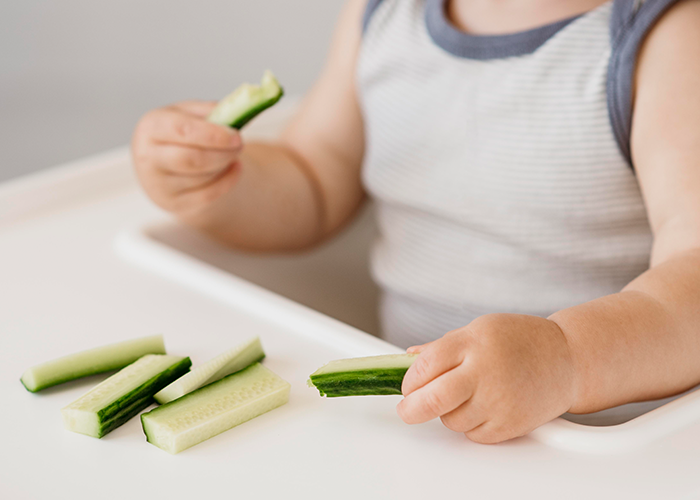 Until the end of the first year of a child's life, it is not recommended to feed whole cow's milk. The fact is that the protein of cow's and goat's milk can cause an allergic reaction, in addition, it causes damage to the intestinal epithelium of an infant and is a serious burden on the kidneys. Do not rush to introduce this unadapted product into the baby's diet.
Until the end of the first year of a child's life, it is not recommended to feed whole cow's milk. The fact is that the protein of cow's and goat's milk can cause an allergic reaction, in addition, it causes damage to the intestinal epithelium of an infant and is a serious burden on the kidneys. Do not rush to introduce this unadapted product into the baby's diet.
See also: Complementary Foods and Meals
Breakfast
The second meal, at approximately 9-10 am, should provide energy and nutrients for a 10-month-old baby to be active in the morning. What can you offer your child for breakfast? Milk porridge is the perfect product for a good start to the day - it is rich in complex carbohydrates, which ensures long-term saturation and energy boost. The dietary fibers included in its composition are involved in comfortable digestion. In addition, cereals are a source of almost all essential nutrients. In the nutrition of babies at 10 months, the consistency of porridge may already be less homogeneous.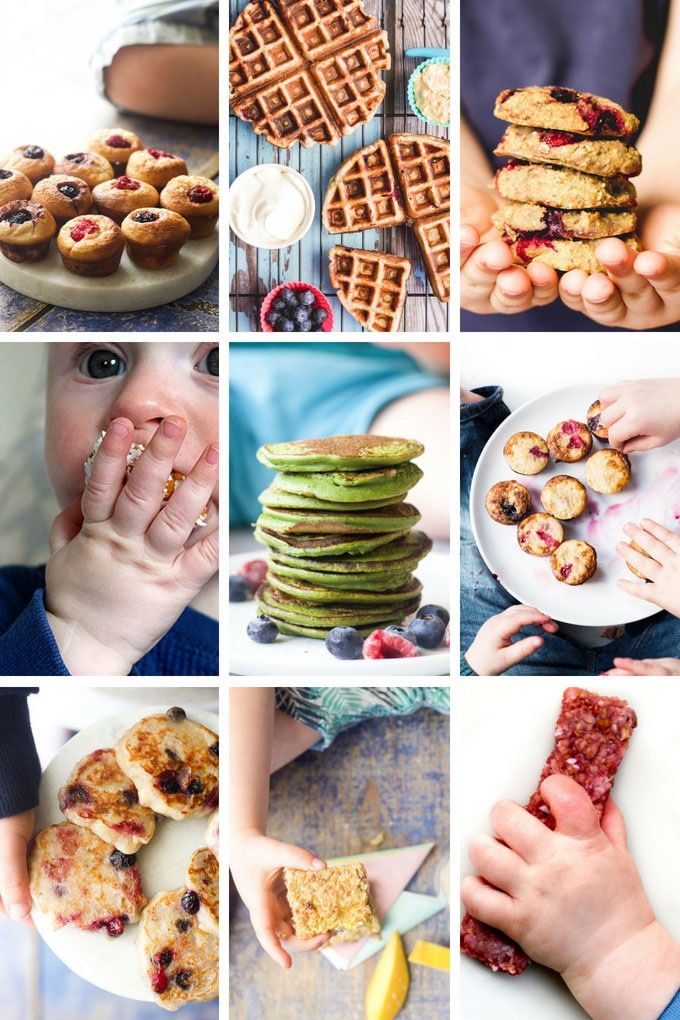 Try introducing porridge into your diet, which contains cereal flakes and crushed berries, which helps your child learn to chew. At this age, mothers often begin to cook porridge at home, but it is preferable to use industrial products. Commercially produced porridge is often multi-cereal, which makes it possible to use the beneficial qualities of various grain crops, including those that cannot be cooked at home due to poor digestibility. Cereals go well with fruits and vegetables. For breakfast, you can additionally offer fruit puree or slices of boiled / baked soft fruits for breakfast. Cottage cheese and vegetable or cottage cheese and cereal casseroles and puddings can diversify the weekly breakfast menu. Every day a child can eat up to 50 grams of cottage cheese. If the child has not previously had allergic reactions, you can expand the range of fruits and gradually introduce citrus fruits and a number of exotic fruits into the diet.
Try introducing porridge into your diet, which contains cereal flakes and crushed berries, which helps your child learn to chew. At this age, mothers often begin to cook porridge at home, but it is preferable to use industrial products. Commercially produced porridge is often multi-cereal, which makes it possible to use the beneficial qualities of various grain crops, including those that cannot be cooked at home due to poor digestibility. Cereals go well with fruits and vegetables. For breakfast, you can additionally offer fruit puree or slices of boiled / baked soft fruits for breakfast. Cottage cheese and vegetable or cottage cheese and cereal casseroles and puddings can diversify the weekly breakfast menu. Every day a child can eat up to 50 grams of cottage cheese. If the child has not previously had allergic reactions, you can expand the range of fruits and gradually introduce citrus fruits and a number of exotic fruits into the diet.
Drinks
It is not recommended to give a large amount of liquid immediately after a meal, as this overloads the digestion process.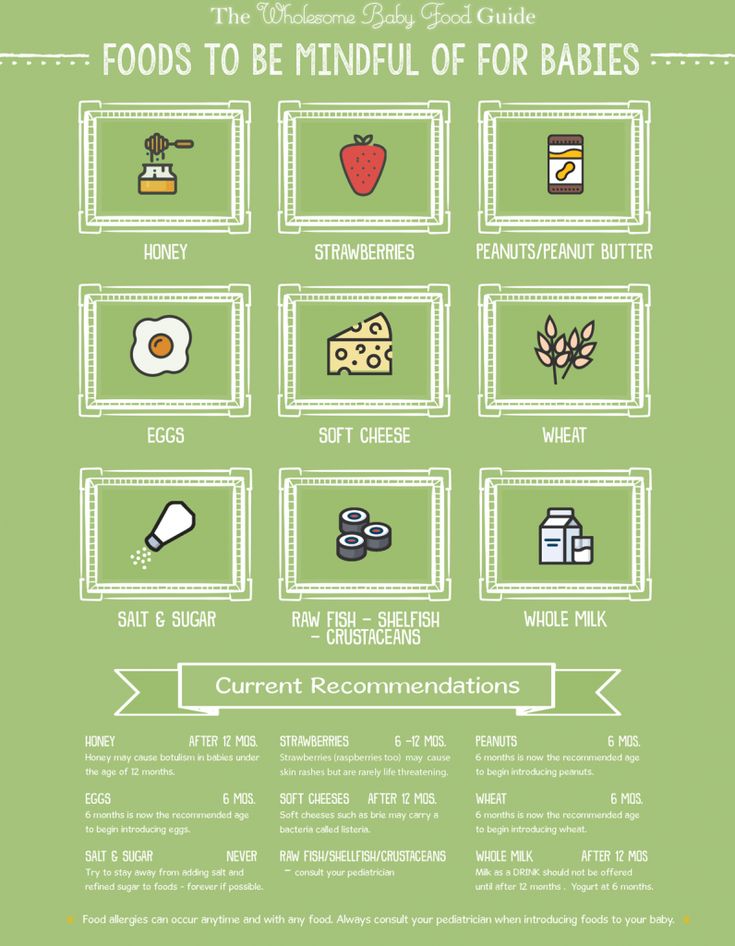 Limit yourself to a few sips of water or compote if the child wants to drink food. And between the main meals, periodically offer the baby water, compote or fruit drink, as well as special children's tea. Limit your juice intake, as this is a high-carbohydrate product and is a serious burden on the organs of the gastrointestinal tract. The volume of juice per day should not exceed 100 ml.
Limit yourself to a few sips of water or compote if the child wants to drink food. And between the main meals, periodically offer the baby water, compote or fruit drink, as well as special children's tea. Limit your juice intake, as this is a high-carbohydrate product and is a serious burden on the organs of the gastrointestinal tract. The volume of juice per day should not exceed 100 ml.
Lunch
The next meal, lunch, covers a third of the total energy expenditure of the day and provides essential nutrients for active growth and development. At 10 months, it is already possible to offer the baby unpurified soup, provided that well-boiled vegetables are used. Meat complementary foods should be combined with foods that promote the best absorption of trace elements important for growth and development, especially copper and iron. First of all, these are vegetables, with the exception of legumes, and buckwheat. Given that different types of meat contain different amounts of trace elements and vitamins, a balanced weekly diet includes at least 3-4 types of meat complementary foods.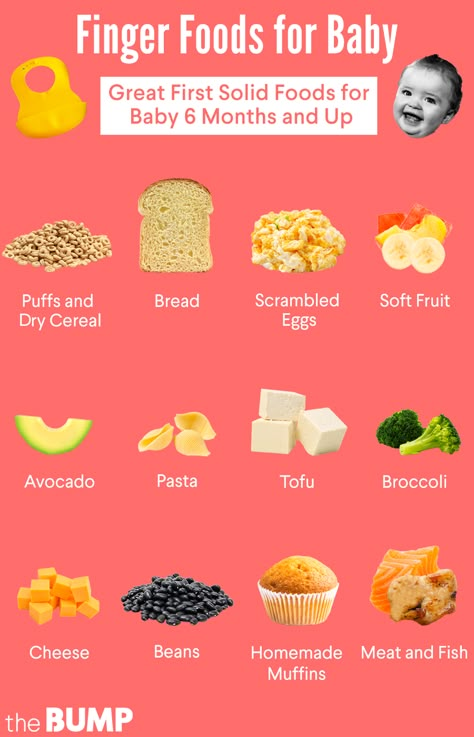 Also, 1-2 times a week, the baby can eat dishes with the addition of offal - the liver, tongue and heart. In addition to mashed meat, the baby can be offered coarsely chopped meatballs or steam cutlets. Adding vegetable and cereal components to a meat dish makes the taste more tender and enriches the diet with other beneficial nutrients. Despite the insipid taste of dinner dishes, which seems to many adults, it is not recommended to add salt and spices to them. At 10 months, onions and parsley and dill can be used to develop taste buds in dishes.
Also, 1-2 times a week, the baby can eat dishes with the addition of offal - the liver, tongue and heart. In addition to mashed meat, the baby can be offered coarsely chopped meatballs or steam cutlets. Adding vegetable and cereal components to a meat dish makes the taste more tender and enriches the diet with other beneficial nutrients. Despite the insipid taste of dinner dishes, which seems to many adults, it is not recommended to add salt and spices to them. At 10 months, onions and parsley and dill can be used to develop taste buds in dishes.
Snack
Snack, although not the main meal, is necessary for the baby to reinforce forces after a daytime nap and provide the necessary energy for active activities in the afternoon. A dairy product rich in easily digestible protein and fat is ideal, combined with cereals and fruits that complement the dish with carbohydrates and fiber. For a 10-month-old baby, this could be a specialized fermented milk drink combined with baby biscuits and fruit.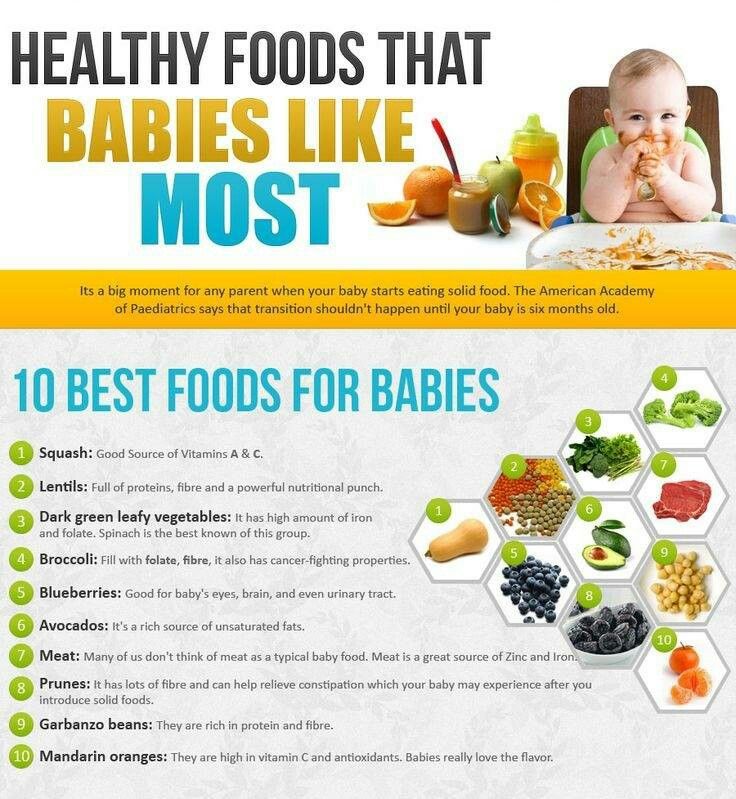 Another option would be a special industrial product called "Snack Porridge", which is a delicious dessert that combines cereals, milk and natural fruits. In addition to nutritional value, it is a source of dietary fiber, organic acids, vitamins and trace elements. And for kids, this is a delicacy, because the dish has a delicate texture and pleasant taste.
Another option would be a special industrial product called "Snack Porridge", which is a delicious dessert that combines cereals, milk and natural fruits. In addition to nutritional value, it is a source of dietary fiber, organic acids, vitamins and trace elements. And for kids, this is a delicacy, because the dish has a delicate texture and pleasant taste.
Dinner
The main evening meal should be easy to digest to avoid problems with digestion at night, and at the same time be nutritious. A 10-month-old baby can be offered a fish soufflé with a vegetable garnish, a curd-cereal casserole with fruit sauce, baked vegetables with noodles, or a fruit-cereal pudding. Right before bedtime, the baby can be fed with breast milk or an adapted mixture, which will ensure comfortable falling asleep and a restful night's sleep.
The table shows a sample menu for one day for a healthy 10 month old baby.
| Seeing | Menus | volume, ml / number, grams |
| 200 | Water/compote or juice | 100/100 |
|
| ||
| Lunch (13:00) | Vegetable soup with 70003 9,0002 60/2 | |
|
| Fresh carrot salad with olive oil | 50/3 200 |
Rate the article
(Number of votes: 29, average 4.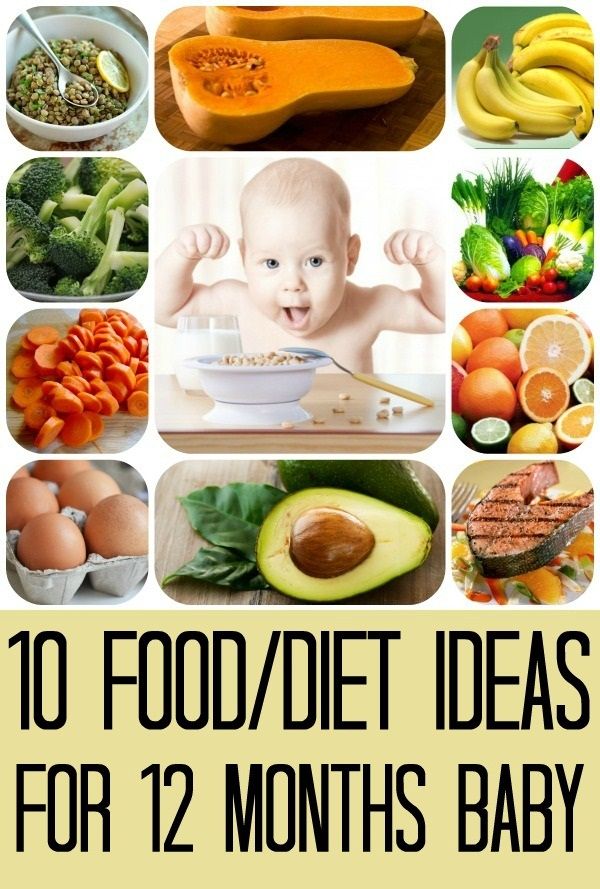 6)
6)
Share with friends:
what not to eat for children under 1 year old and why
Reasons for the ban
In the first year of life, many systems of the child's body are still being formed, including immune and digestive 1 . The ban on the use of certain products before the age of one is associated with the vulnerability of these two systems. The baby's diet should not include allergen foods and dishes that cause problems with the gastrointestinal tract, kidneys and liver.
- provoke an allergic reaction,
- are poorly digested or not absorbed at all by the body,
- put an excessive load on various organs and systems, for example, cause gas formation, bloating and other problems.
It will be useful for mothers to learn about foods forbidden to children under one year old.
Candies and other sweets
Sweets, cakes, pastries, muffins, waffles, sweet pastries and other "sweets" of industrial production can harm the fragile body of the baby.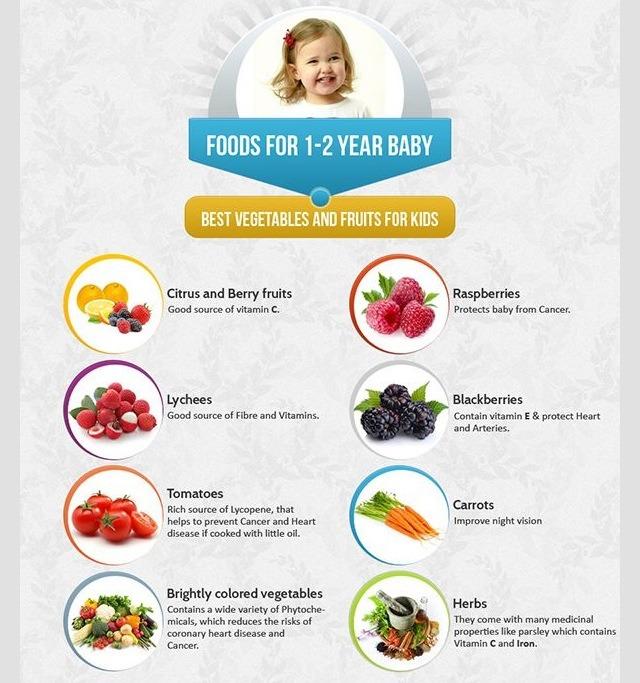 They contain dyes, preservatives and other artificial additives, unhealthy confectionery fats or vegetable oils. “But a growing body needs sugar!” - any mother will reasonably object. Yes, but top sweets for babies up to one year old - baby fruit purees and juices , not sweets or confectionery.
They contain dyes, preservatives and other artificial additives, unhealthy confectionery fats or vegetable oils. “But a growing body needs sugar!” - any mother will reasonably object. Yes, but top sweets for babies up to one year old - baby fruit purees and juices , not sweets or confectionery.
The puree contains a sufficient amount of natural fruit sugars , useful for a growing organism. It is better to choose fruit drinks and compotes for a baby up to a year of industrial production with the label “for feeding children from so many months”, juices are also special for children from the store marked “no added sugar” 2, 3 . Chocolate for babies up to a year is also banned. Cocoa in its composition belongs to strong allergens , moreover, it can invigorate the baby to overexcitation.
Salt and pickles
Pediatricians recommend mothers to accustom the baby to the original taste of foods when complementary foods are introduced.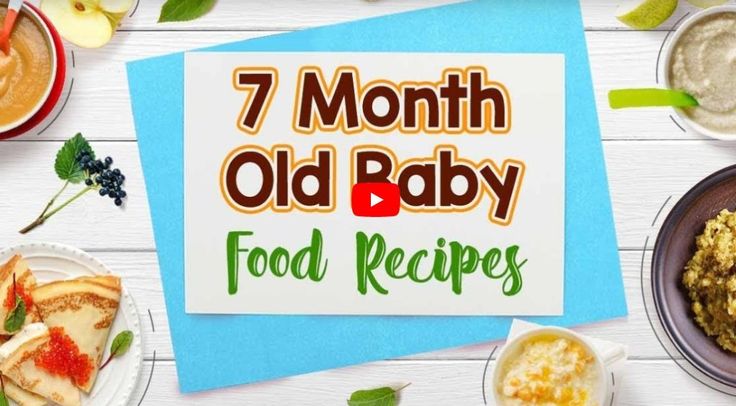 This is a reliable foundation for proper nutrition and health for many years. Vegetables and cereals are tasty on their own, without flavor enhancers such as sugar and salt 4 . It is better not to add salt to complementary foods at all, but it is strictly forbidden to salt them the way they salt adult food . The "salt" norm of an adult is about 5 grams per day, a baby from six months to a year can receive no more than 0.3 grams of sodium chloride per day. This dose is contained in complementary foods and breast milk or milk mixtures that are given to the baby. There is no need to salt his food. For the body of a baby, an adult dose is an overabundance of almost 17 times, which loads the kidneys, liver and blood vessels and retains fluid in the body. For the same reason pickles and other very salty foods such as pickles, straws, nuts or fish should not be given to babies.
This is a reliable foundation for proper nutrition and health for many years. Vegetables and cereals are tasty on their own, without flavor enhancers such as sugar and salt 4 . It is better not to add salt to complementary foods at all, but it is strictly forbidden to salt them the way they salt adult food . The "salt" norm of an adult is about 5 grams per day, a baby from six months to a year can receive no more than 0.3 grams of sodium chloride per day. This dose is contained in complementary foods and breast milk or milk mixtures that are given to the baby. There is no need to salt his food. For the body of a baby, an adult dose is an overabundance of almost 17 times, which loads the kidneys, liver and blood vessels and retains fluid in the body. For the same reason pickles and other very salty foods such as pickles, straws, nuts or fish should not be given to babies.
Seafood
Undoubtedly, seafood is very useful: rich in protein, trace elements and other important compounds.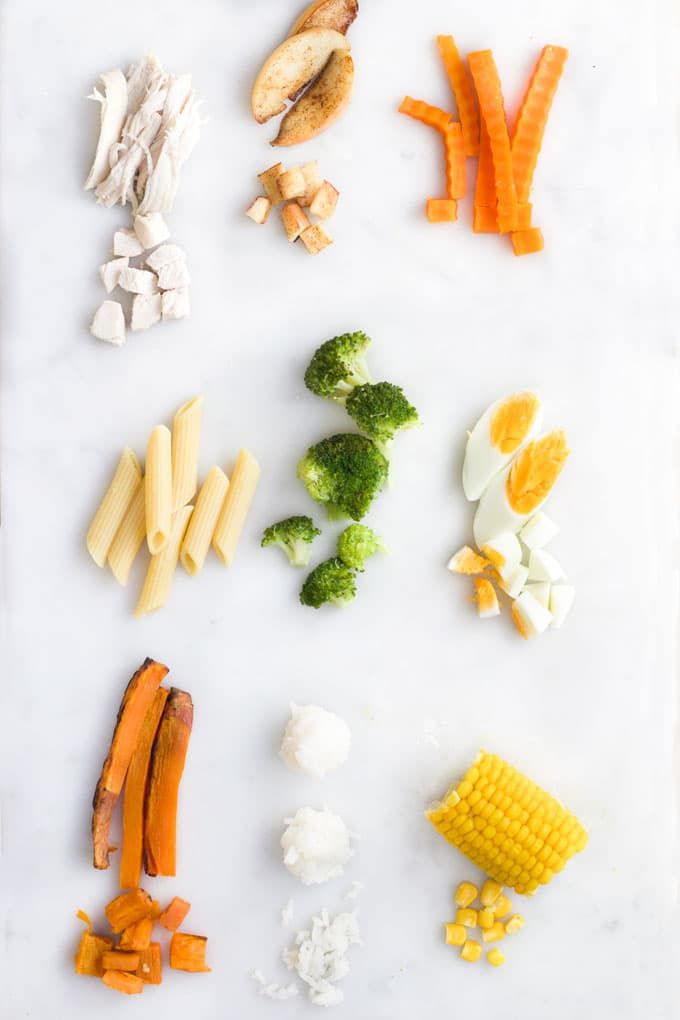 But squid, mussels, shrimps and other inhabitants of the deep sea are strong allergens for the child's body . In addition, seafood protein is unusual for the gastrointestinal tract of the baby and will be poorly absorbed. Modern pediatricians warn that even fish puree in baby food appears last. His healthy baby starts to give at about 10-12 months 5 .
But squid, mussels, shrimps and other inhabitants of the deep sea are strong allergens for the child's body . In addition, seafood protein is unusual for the gastrointestinal tract of the baby and will be poorly absorbed. Modern pediatricians warn that even fish puree in baby food appears last. His healthy baby starts to give at about 10-12 months 5 .
Allergenic vegetables, fruits and berries
Pediatricians classify vegetables, fruits and berries as allergenic red and orange . Strawberries, wild strawberries, sea buckthorn, raspberries, pomegranates, pineapples, melons, grapes, red apples, persimmons, peaches, tomatoes, red and orange sweet peppers, all citrus fruits and even carrots are potential highly allergenic foods for a baby up to a year old 6 . Allergenic also include exotic fruits and vegetables - kiwi, avocado, passion fruit and others. For a healthy child, they are introduced into the diet after a year, after consulting a doctor.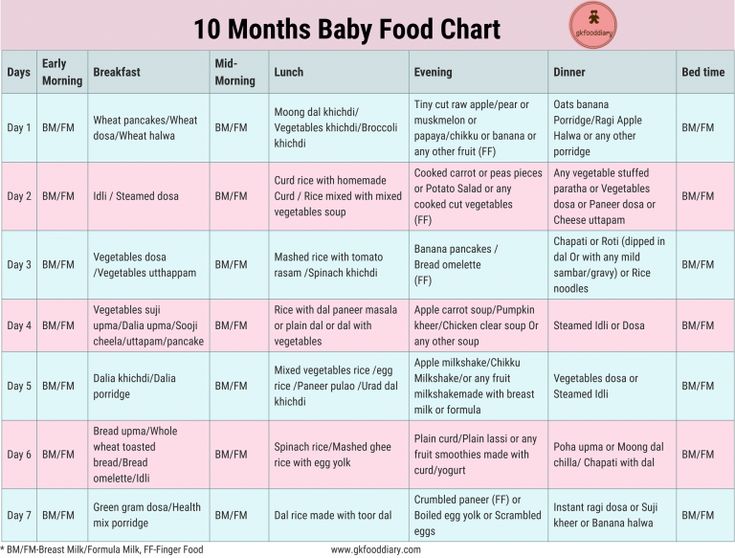
Gas generating products
Bloated tummy and gas are a concern for any mother. It is better to exclude foods that provoke them from the baby’s diet: legumes, cabbage, grapes, and even white or rye bread. Dryers, cookies or biscuits are suitable for a child up to a year - special children's ones.
Mushrooms
Mushrooms are chemically similar to both vegetables and animal products. They contain B vitamins, vitamin D, biotin and many other useful substances. Mushrooms are rich in protein - from 2 to 9%. In white mushrooms, protein, for example, is 3.7%, and in champignons - 4.3%. However, mushroom protein is poorly absorbed by even by the body of an adult due to chitin, which is also present in mushrooms. Toddlers should not eat mushrooms to avoid digestive problems and allergies.
Whole milk
Breastfed baby eats mother's milk, which contains 0.91-1.3 g of protein per 100 ml 7 .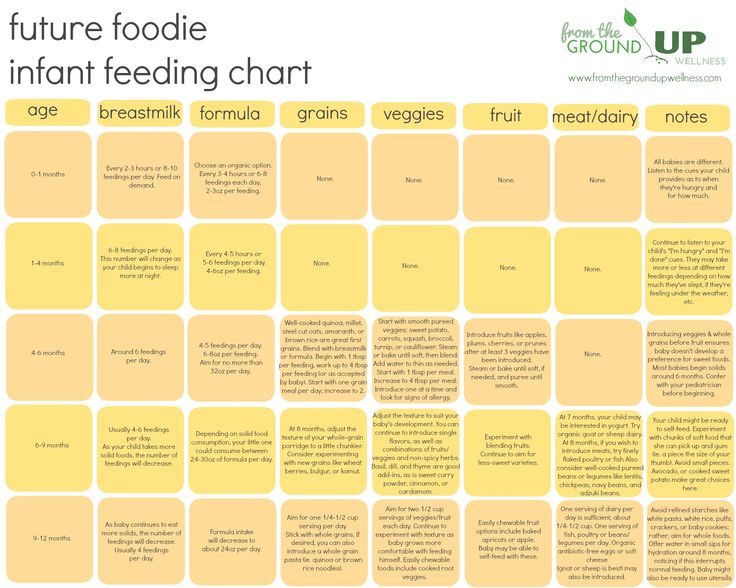 Manufacturers adapt dry adapted milk formulas, that is, they make them close to the composition of women's breast milk. Adapted infant formula is a low protein product. For example, MAMAKO 9 infant formulas0369 ® Premium in goat milk are adapted for a protein component that is easy to digest and assimilate. But whole cow's milk, like whole goat's milk, are high-protein foods: cow's milk contains about 3.2 g of protein per 100 ml, in goat - up to 3.6 g per 100 ml.
Manufacturers adapt dry adapted milk formulas, that is, they make them close to the composition of women's breast milk. Adapted infant formula is a low protein product. For example, MAMAKO 9 infant formulas0369 ® Premium in goat milk are adapted for a protein component that is easy to digest and assimilate. But whole cow's milk, like whole goat's milk, are high-protein foods: cow's milk contains about 3.2 g of protein per 100 ml, in goat - up to 3.6 g per 100 ml.
In addition, regular milk contains nutrients in amounts that are not adapted to the needs of the child. Therefore, it is not worth giving whole milk to children under one year old 8 , and if you want to feed your child with milk porridge, it is better to choose ready-made industrial production. Such porridges, for example, MAMAKO porridges ® with prebiotics in goat's milk, designed for comfortable digestion, enriched with vitamins and easy to digest.
Read also
- milk or formula - which is more useful for children after a year.
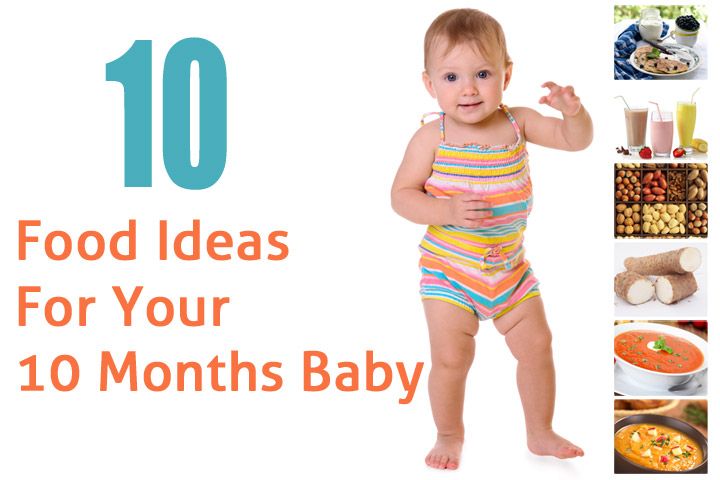
Gluten products
The problem of food allergies in babies today is one of the most acute. Infants are often observed intolerance to wheat germ proteins - gluten . Gluten is found in many cereals, but most of all in wheat, which is used to make semolina, flour and pasta. In the first year of a baby's life, it is important to reduce the risk of developing food allergies, including gluten allergy 9 . Therefore, semolina, pasta, white bread and bakery products made from wheat flour are foods that are best excluded from the diet of children under one year old.
Honey and nuts
Both products are very useful, but nuts, like honey, are highly allergenic food, unsuitable for children of the first year of life.
Carbonated drinks
Carbonated drinks should not be given to children under one year old due to:
- excess sugar: sodas are usually very sweet,
- carbonic acid, which creates "bubbles", that is, makes the drink carbonated.
 It irritates the mucous membrane of the walls of the stomach and causes severe discomfort in babies,
It irritates the mucous membrane of the walls of the stomach and causes severe discomfort in babies, - flavors, colors and preservatives - these may cause an allergic reaction.
Fatty meat
Fatty meats include pork, lamb, goose and duck. It is extremely difficult for the baby's developing digestive system to digest dishes from these types of meat. It is better not to take risks in order to avoid a heavy load on the liver and a breakdown in the digestive tract. Sausages and sausages should also be excluded because of preservatives, flavor enhancers and other artificial additives.
The habit of healthy and high-quality food - without dyes and preservatives, with a reasonable minimum of sugar and salt - is the basis for the health and successful development of your crumbs. Healthy eating is a serious matter, but there are no special secrets. Parents, armed with knowledge, are always able to provide the baby with a varied and healthy diet for full development.